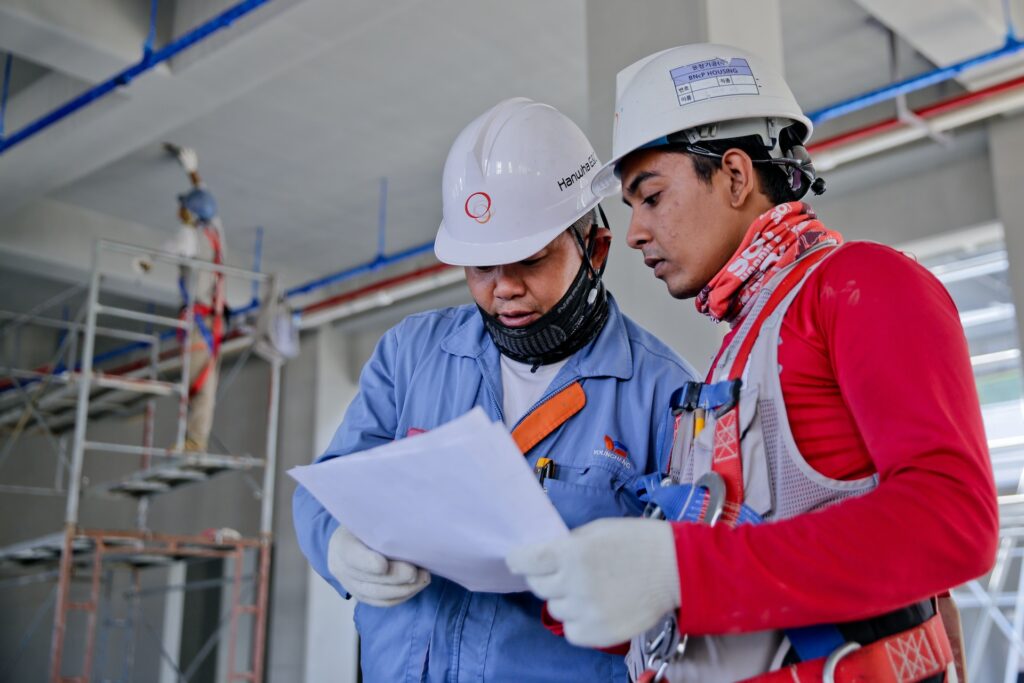
What Can Geotechnical Professionals Do For You?
Before starting a career in geotechnical engineering, it’s essential to understand what this entails. This article explores the job description and responsibilities, the requirements, and the outlook for a career in geotechnical engineering. This article also explores the various options for furthering your career.
Job Duties
Geotechnical engineers are responsible for analyzing geological and topographical data to determine soil’s stability and stress-bearing capacity. Their expertise includes the design of foundations and site investigation programs. They are also responsible for conducting geotechnical testing and analyzing soil-structure interactions. Geotechnical professionals Houstonalso supervise soil and rock-sampling activities and geological logging.
A geotechnical engineer’s job is to analyze the properties of soils, rock, and soils and apply these principles to constructing structures. They perform in-depth research to determine the strength of soils and rock, collect samples, analyze past reports, and produce accurate data analysis. They work well in teams and often collaborate with other construction professionals, which helps them to complete their assessments and essential duties during the construction process.
Traveling Responsibilities
As a geotechnical engineer, you will be responsible for coordinating geotechnical engineering efforts with other engineering groups. This work involves fieldwork and monitoring construction activities. Although you typically work a 40-hour work week, you may need to travel to various locations to meet deadlines or handle emergencies. You will also be expected to attend professional conferences and participate in continuing education to stay on top of the latest developments in the field.
Working for a firm that provides geotechnical engineering services often requires traveling and coordinating with various professional hierarchies. This job requires you to be physically fit as you will spend a lot of time outdoors in different climates. You’ll need to be able to drive a car and lift heavy objects.
Requirements
The German Geotechnical Society (DGGT), the national umbrella group of engineering geologists and ground engineers, has issued Requirements for Geotechnical Professionals. These requirements focus on registering qualified geotechnical professionals and comparing it to the U.K. scheme. The goal is to ensure the quality of the geotechnical professionals and meet the highest standards.
To keep up with changing conditions, engineering geologists need to be flexible in their approach and respond to special needs quickly. A computer and internet connection is critical to project management, as many projects use word processing or spreadsheet programs to manage data. Using different software programs may not be feasible in large building projects, where multiple data formats are collected. Therefore, database management systems have been created to meet the specific needs of geotechnical engineers.
Career Outlook
The job description of a geotechnical engineer involves extensive on-site work, so if you’re considering a career in this field, make sure you have the time and commitment for it. A typical day in the role of a geotechnical engineer will involve both office and site visits. You’ll be responsible for discovering geohazards and meeting many different people. In this career path, you’ll be able to work in various sectors and gain excellent industry knowledge.
Working for a company is an excellent way to get an insight into the day-to-day duties of a geotechnical engineer. You’ll learn about the various types of work geotechnical engineers perform. You may also gain valuable insight into related fields, such as natural sciences, construction, and math. And you can even become an owner of a geotechnical engineering company. The opportunities are endless.
